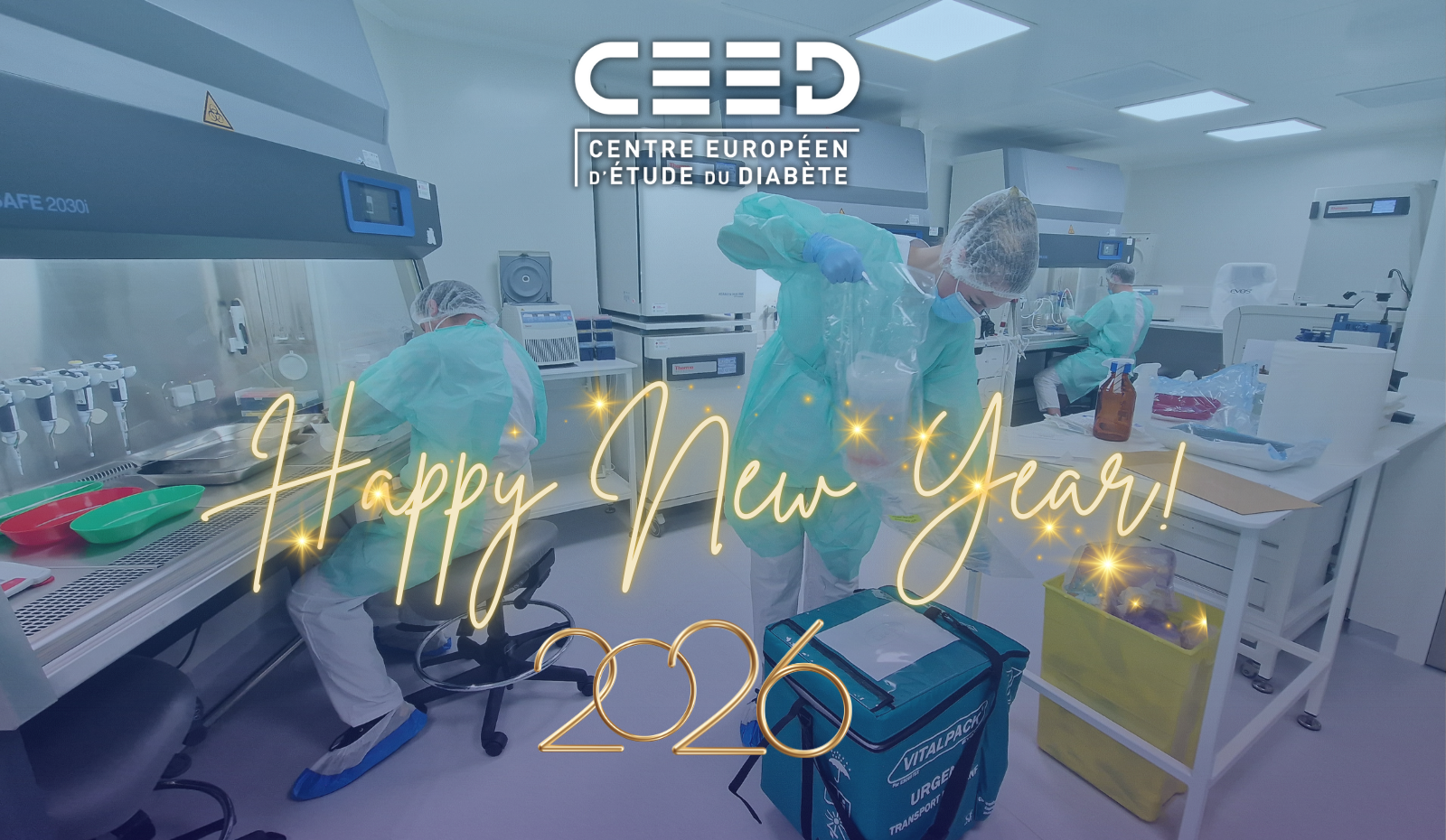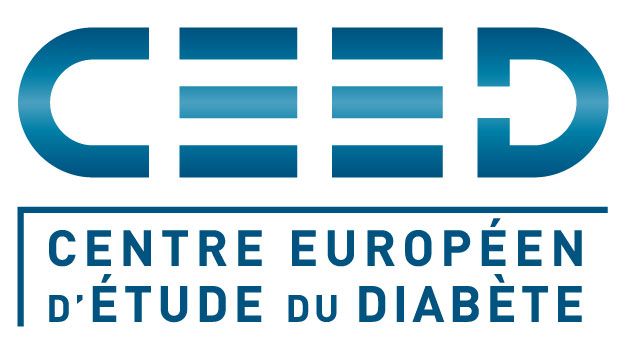PhD Thesis at CeeD: Impact of exerkines in adipocyte functions and their implication in adipose tissue – pancreas crosstalk in a context of type 2 diabetes.
October 29 2025
Congratulations to Daphné BERNARD, who just successfully defended her PhD thesis.
Congratulations to her for achieving this important milestone! CeeD's team is proud of her accomplishments and her involvement throughout her studies.
Impact of exerkines in adipocyte functions and their implication in adipose tissue – pancreas crosstalk in a context of type 2 diabetes.
By Daphné BERNARD
Supervised by Dr. Karim BOUZAKRI from Strasbourg University (DIATHEC – UR 7294) and Pr. Ariane SULTAN from Montpellier University Hospital
Thesis defense jury members:
- Dr. Ildiko SZANTO from Genève University Hospital
- Dr. Anne BOULOUMIE-DIEHL from INSERM, I2MC, Toulouse University
- Pr. Emmanuel VAN OBBERGEN from Nice University Hospital and CNRS, LP2M, Côte d’Azur University
- Pr. Florence TOTI from INSERM, CRBS, Strasbourg University
Abstract :
“Type 2 Diabetes (T2D) is qualified as a global pandemic. Obesity represents a high-risk factor in this disease where dysfunctional adipose tissue plays a major role in the onset of T2D. A change in adipocyte secretions in a pathological context is increasingly associated with pancreatic Beta cell damage, emphasizing the need to explore adipose tissue – pancreas crosstalk. Physical exercise, one of the first recommendation for patient care, represents a promising treatment attributed to the secretion of exerkines. Research works in our lab focus on an exercise-induced myokine ILV-001, demonstrated benefits on human pancreatic islets health. The first objective of this study was to investigate the impact of ILV-001 in adipocyte functions, involving the development of a 2D in vitro model of human adipocytes derived from primary culture. We have highlighted a dual role for the myokine depending on the metabolic profile notably suggested a reactivation of adipocyte metabolic functions in a T2D context. The evaluation of adipocyte secretions after a treatment with ILV-001 suggested the implication of an autocrine communication. Then, we examined the impact of these secretions on human pancreatic islets and demonstrated once again a dual role for ILV-001: a capacity to potentiate insulin secretion caused by adipocyte secretions for T2D islets. This research has enabled an in-depth understanding of the mechanisms underlying the benefits of physical exercise through the effect of the exerkine, ILV-001, on adipocyte functions and its involvement in pancreatic islet communication. To further explore the impact of post-exercise secretions, a translational research project has been initiated in collaboration with Montpellier University Hospital.”
Highlights
During her time at CeeD, Daphné Bernard had several opportunities:
January 2024: Invitation by Pr. Mikael Rydén (Member of her PhD committee follow-up) for a two-week internship in his Lab “Lipid Lab” (Karolinska Institutet, Stockholm, Sweden). Objectives: Optimize progenitor adipocyte isolation from human samples.
March 2024: Société Francophone du Diabète (SFD) scientific congress
- Research grant Laureate – 2024 – Clinical research for the implementation of DIABETEX project aiming to study the impact of post-exercise secretions on human pancreatic islet (in collaboration with Pr. Ariane SULTAN, CHU Montpellier).
- Interview given to “Diabète et Obésité” journal to present DIABETEX project.
- Discussed and posted communication : “Myokine X, une nouvelle piste thérapeutique dans le diabète de type 2”. D. Bernard, J. Vion-Chambrial, M. Pinget, A. Sultan, K. Bouzakri
June 2024: Scientific sessions of the American Diabetes Association (ADA) 2024 in Orlando, USA. Poster presented: “Myokine X, a new therapeutic approach for type 2 diabetes”. D. Bernard, J. Vion-Chambrial, M. Pinget, A. Sultan, K. Bouzakri.





